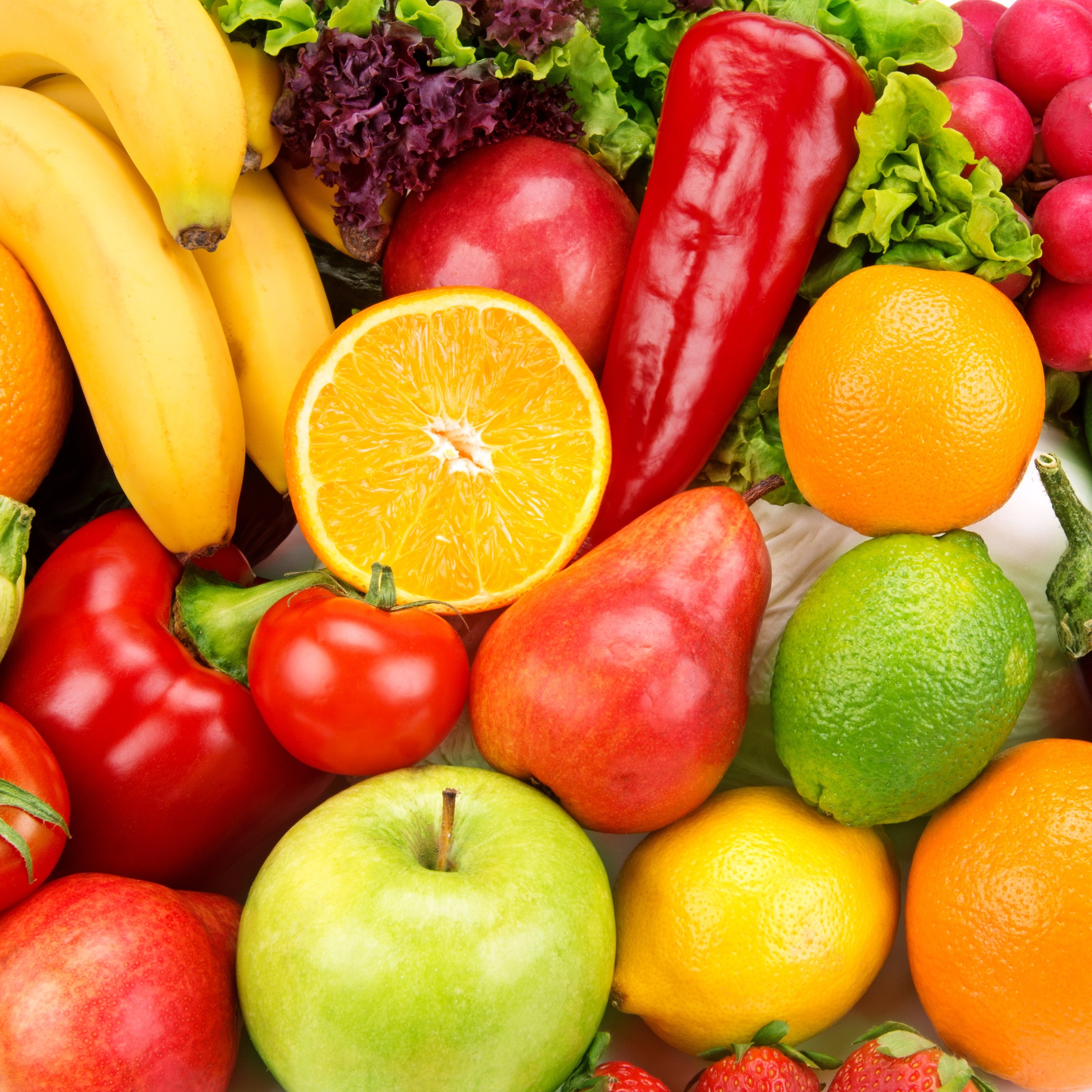"Superfoods" is a term used by lay people to advocate for foods that are rich in nutrients and claim health benefits due to their high content of vitamins, minerals, antioxidants, and other beneficial compounds. Every year the food industry recognizes one food as being the “superfood” and then you see a range of that food product in the market. While the term "superfood" is a marketing term and not a scientific classification, the experts agree that consuming nutrient-dense foods can contribute to overall health and well-being. The key is to incorporate the whole food itself into the diet. Highly marketed processed products are often an expensive gimmick.
The focus of food industry for 2024 is “on maximizing pleasure and minimizing stress”. The trend is to see more beverages on the store shelves and restaurant menus. Among them coffee, teas, energy drinks and other alcohol-free drinks enhanced with ingredients such as probiotics, mushrooms and others are coming to the market as “functional beverages”. Even McDonald’s is rolling out a new store branded “CosMc” featuring a variety of these drinks.
So, instead of spending money on these new trendy items, stick with the real food that are the true “superfoods”:
1. Berries: Blueberries, strawberries, raspberries, blackberries, and other berries are rich in antioxidants, fiber, and vitamins.
2. Dark leafy vegetables: Spinach, kale, and other leafy greens are packed with vitamins, minerals, and fiber.
3. Nuts and Seeds: Almonds, walnuts, chia seeds, and flaxseeds are good sources of healthy fats, fiber, and some protein.
4. Oily Fish: Salmon, mackerel, and sardines provide omega-3 fatty acids, which are beneficial for heart health.
5. Greek Yogurt: Rich in protein and probiotics, it supports gut health and provides essential nutrients.
Here are some tips for maintaining a proper diet:
1. Include a variety of foods from all food groups in your diet, and practice portion control.
2. Aim for a colorful plate with a variety of fruits and vegetables, as different colors often indicate different nutrients.
3. Choose whole, minimally processed foods over highly processed ones to maximize nutrient intake.
4. Drink plenty of water throughout the day to stay hydrated.
5. Include lean sources of protein such as poultry, fish, beans, and legumes.
6. Incorporate sources of healthy fats, such as avocados, nuts, seeds, and olive oil.
7. Be mindful of added sugars and salt in processed foods and opt for whole, natural alternatives.
8. Include high-fiber foods like whole grains, fruits, and vegetables for digestive health.
9. Aim for a diverse range of foods to ensure you get a broad spectrum of nutrients.
10. Consider individual dietary needs, including any specific health conditions or dietary restrictions.
Remember, there is no one-size-fits-all approach to nutrition, and it's always a good idea to consult with a healthcare professional or a registered dietitian for personalized advice based on your unique health needs and goals


